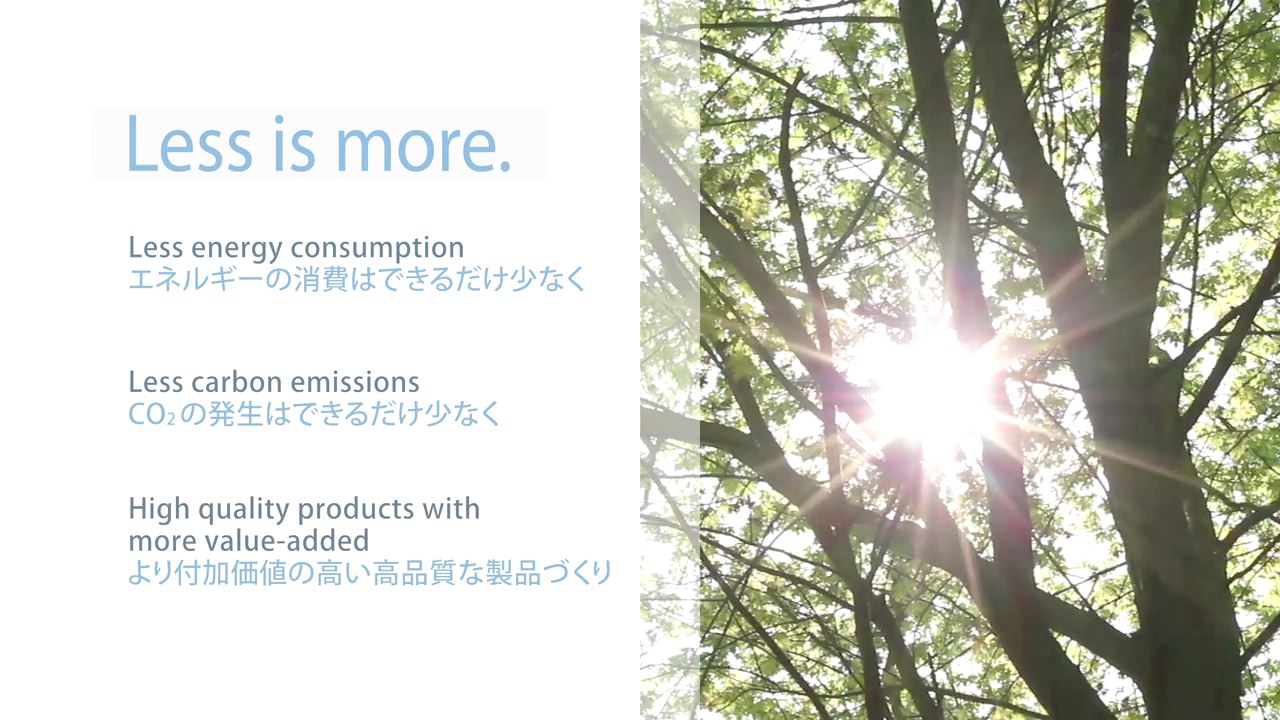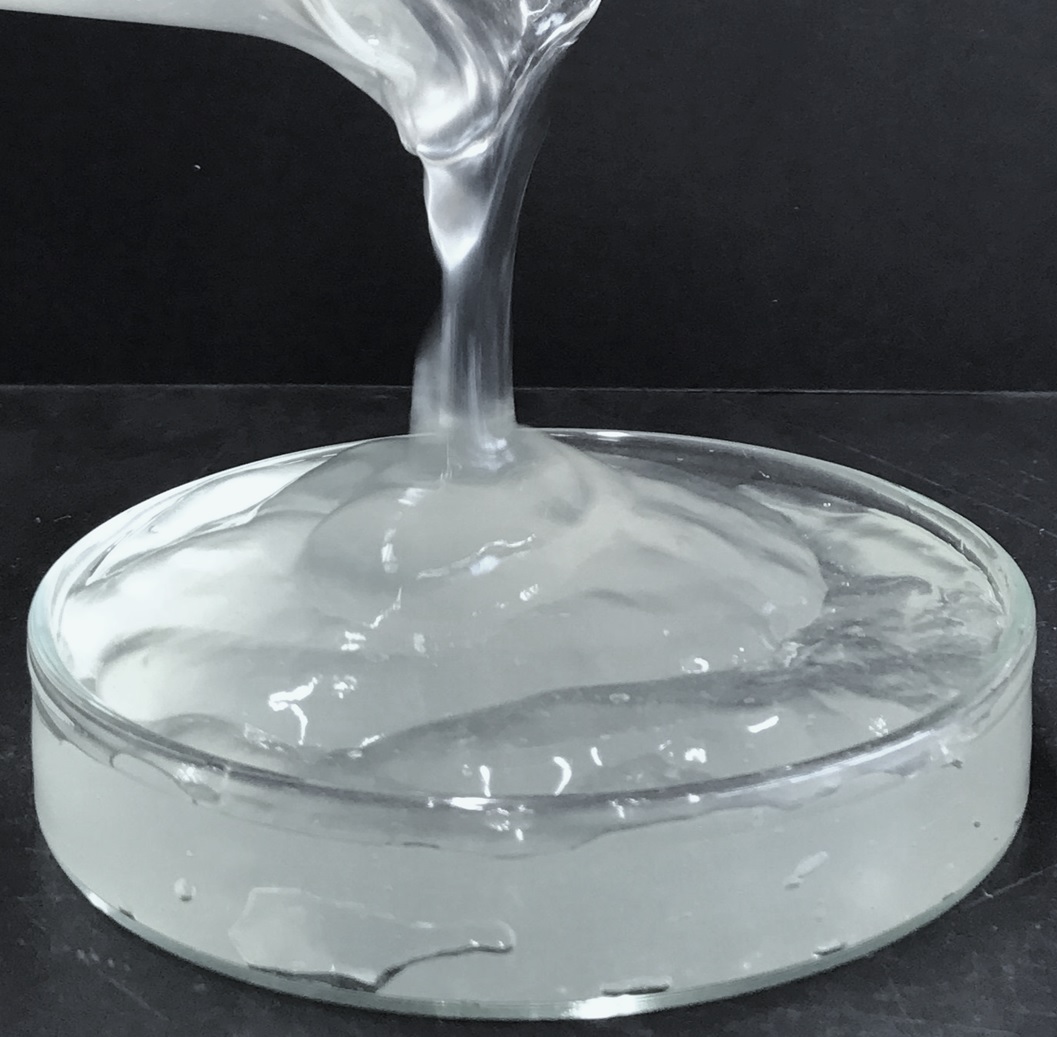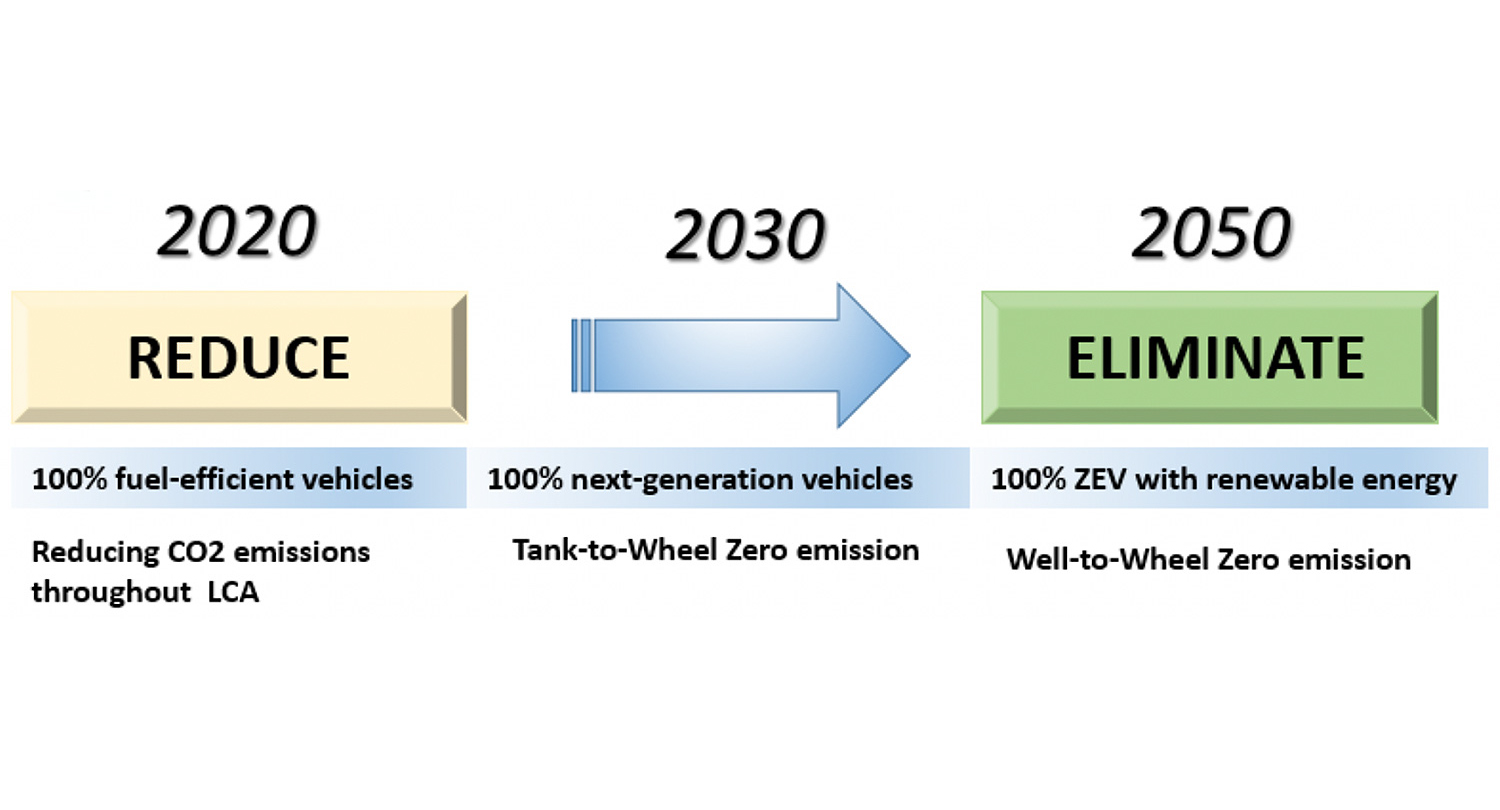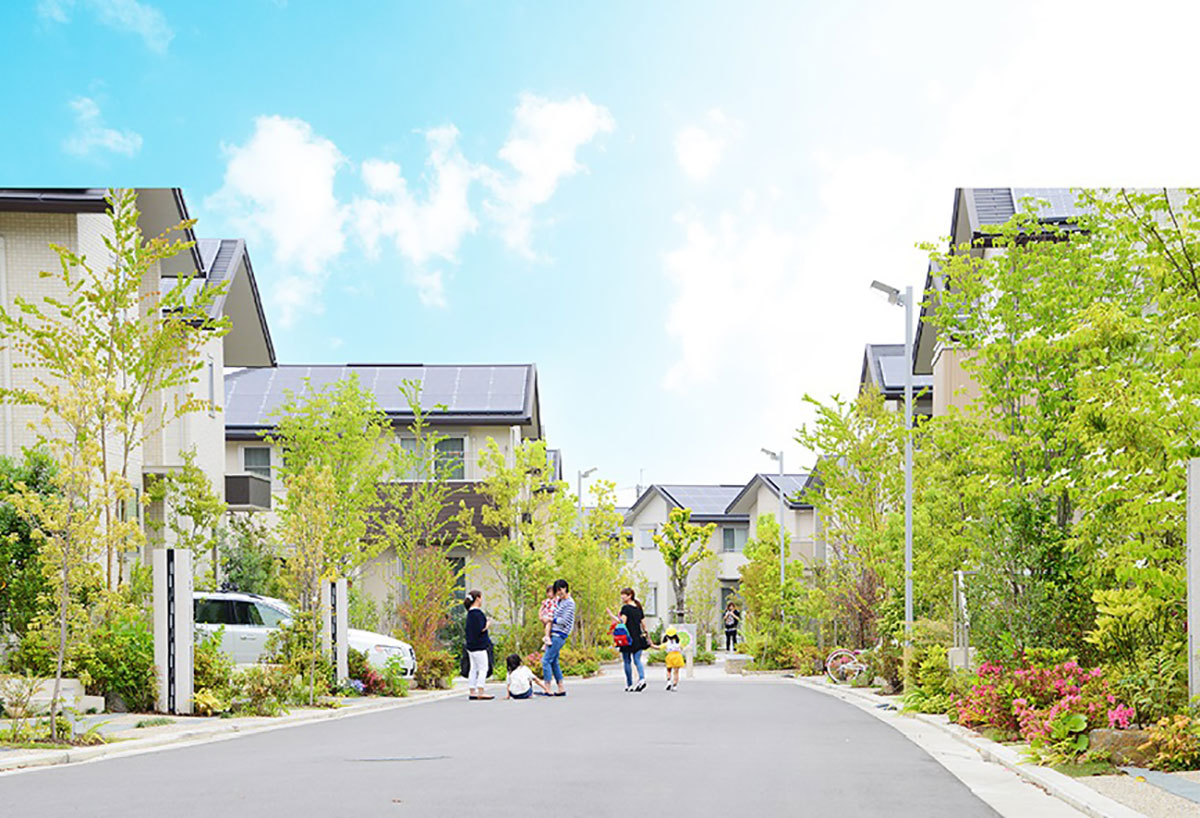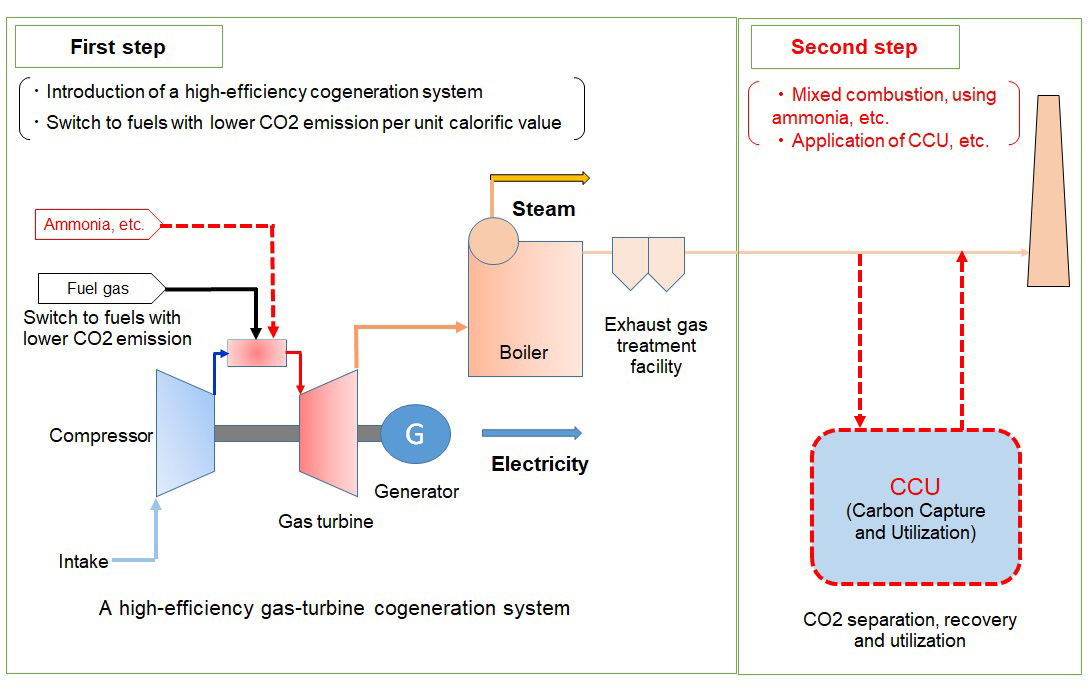CO₂ reduction during the lifecycle by providing corrugated packaging products
Rengo Co., Ltd.
Outline
Corrugated board, whose raw material is wood pulp, is a sustainable material that will not run out and is used widely for packaging and other materials. Also, as more than 90% of corrugated board is recycled for reuse as a material after use, it provides a means of recycling and effectively using the carbon absorbed by wood as a resource.
Rengo has set “Less is more.” as the key concept for Rengo’s packaging manufacturing and environmental management with the aims of developing packaging that generates greater value using less resources, and we are working to reduce CO₂ emissions toward the carbon-free society. One of Rengo’s initiatives is reducing the weight of packaging materials, which has the potential to reduce CO₂ emissions in each process during the lifecycle, from the procurement of raw materials to the use of products. In addition, we will continue introducing renewable energy at our corrugated board manufacturing sites. This includes a biomass boiler that will be installed at the Tonegawa Division in 2022 and is expected to reduce CO₂ emissions by approximately 100,000 tons each year.
Description
We have incorporated into our medium-term targets the reduction of CO₂ emissions by 26% (compared to fiscal 2013) by fiscal 2030, in accordance with the CO₂ emissions reduction target declared by Japan in the Paris Agreement. To further reduce emissions, we are actively working on “reducing the weight of corrugated products,” “promoting the introduction of solar power generation systems,” and “using biomass fuel from construction waste.”
・Making corrugated packaging lightweight by developing lightweight containerboard and thin corrugated board
In our calculations, in the lifecycle of corrugated packaging, 77% of CO₂ emissions are from containerboard manufacturing and 7% come from transport of packaging products. Thus, reducing the weight of corrugated packaging by making lightweight containerboard and thin corrugated board will greatly contribute to reducing CO₂ emissions in the lifecycle.
With regard to making lightweight containerboard, Rengo has developed and promotes the use of Less Caliper & Carbon (LCC) containerboard. By switching to LCC containerboard, CO₂ emissions at the time of procurement of raw materials and transportation can be reduced through the reduced weight of the containerboard, while maintaining its strength. Also, as regards thin corrugated board, Rengo is promoting conversion from A-flute to C-flute, and from B-flute to Rengo’s original standard, Delta Flute. By making thin corrugated board, the amount of containerboard used can be decreased and transport efficiency is increased, reducing CO₂ emissions at the time of procurement of raw materials and transportation.
・Promoting introduction of solar power generation systems
In 2007, Rengo introduced a 0.4 MW solar power generation system at the Kyoto Plant (currently, the Shin-Kyoto Division). Rengo subsequently advanced low carbonization at the Fukushima-Yabuki Plant, which was relocated and newly established in 2010, by introducing a 1.5 MW system that supplies all of the plant’s daytime electricity needs, together with adopting LNG for boiler fuel, achieving a 40% reduction in CO₂ emissions at the plant compared to the previous plant. Rengo then introduced solar power generation systems at other relocated and newly established plants, the Shin-Sendai Plant and the Shin-Nagoya Plant. Currently, the systems have been introduced at nine directly-managed plants, generating 5 million kWh of power annually. In future, Rengo will promote the use of low CO₂ emissions power by introducing further solar power generation systems on renewal of plants and other opportunities.
・Using biomass fuel from construction waste
Rengo incinerates paper sludge generated in the production process, such as short fiber woody pulp that is unsuitable as raw materials, and recovers the heat from incinerators installed in our paper mills. This leads to effective use of waste material and reducing the amount of fossil fuels used. In addition, at the Yashio Mill, a wood chip biomass boiler has been installed which uses construction waste as its fuel source, reducing CO₂ emissions by approximately 65,000 tons each year. Rengo also plans to install a wood chip biomass boiler at its Tonegawa Division in 2022.
At the Tonegawa Division, where the wood chip biomass boiler will be installed, the boiler fuel used was changed from heavy oil to the more environmentally-friendly LNG in 2007, reducing annual CO₂ emissions by approximately 45,000 tons, as initiatives for global environmental conservation, including the issue of global warming.
In addition, changing the fuel from LNG to mainly biomass is expected to reduce CO₂ emissions by approximately 100,000 tons per year. Rengo will also promote the effective use of waste by using construction waste generated mainly in the Tokyo metropolitan area as wood chips for fuel.
Rengo, based on the “Less is more.” concept, will continue to fulfil its social responsibility as a company by contributing to the development of a better and sustainable society through the production of high-quality and high value-added packaging while effectively using resources and reducing impact on the global environment.
Supplementary information
Rengo’s environmental management
https://www.rengo.co.jp/english/environment/lims.html
Environmentally-friendly products
https://www.rengo.co.jp/environment/development.html
Other Innovation Challenges
Similar Innovation Challenges
Achieve 2050 decarbonization target with Net Zero Energy House!
Sekisui House, Ltd.
Achieving net-zero emissions by promoting renewable energy use through both our monozukuri and products.
DAIWA HOUSE INDUSTRY CO., LTD.

